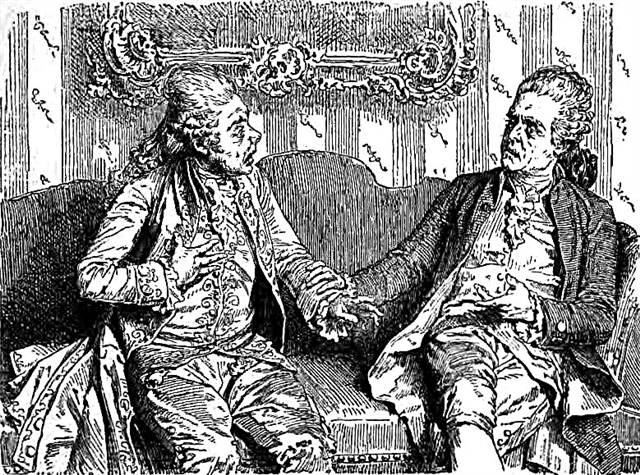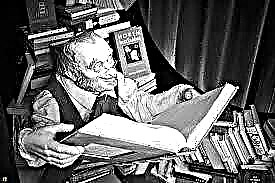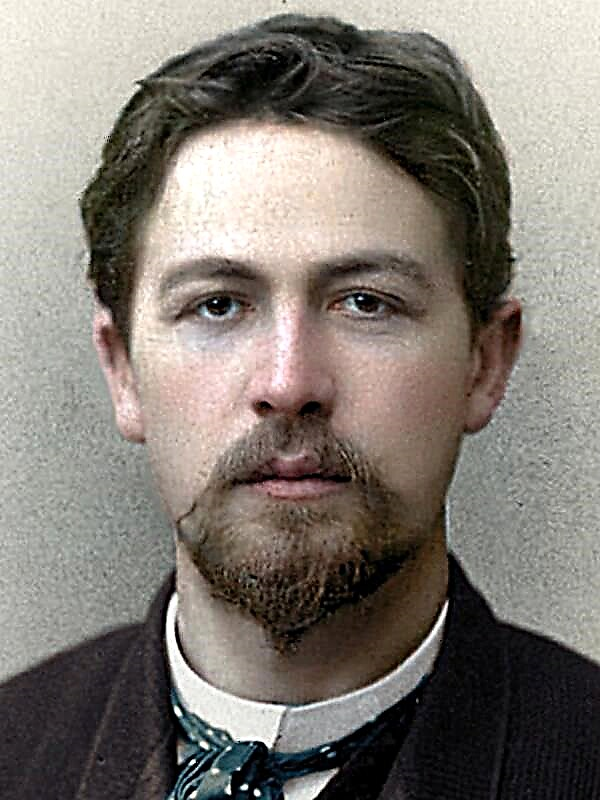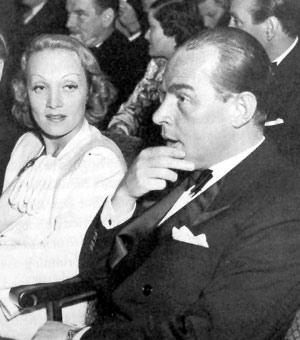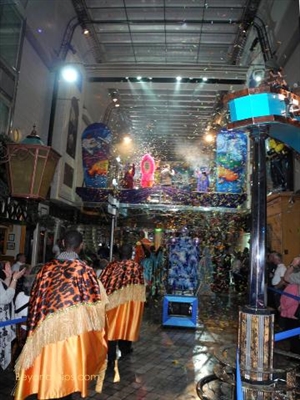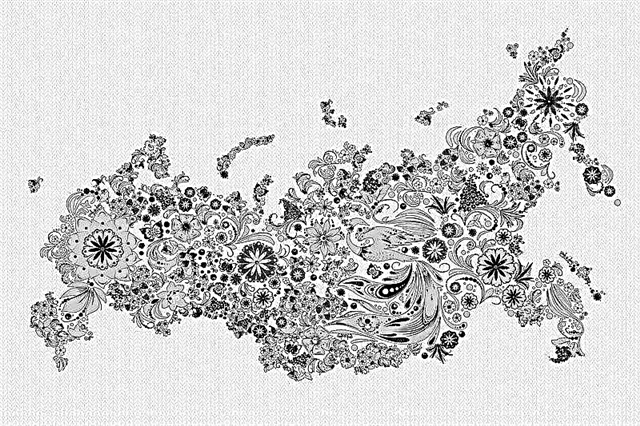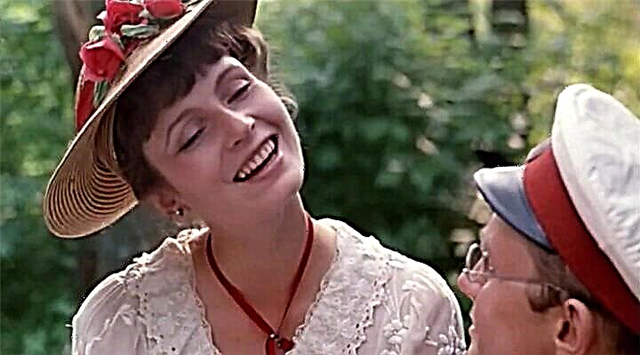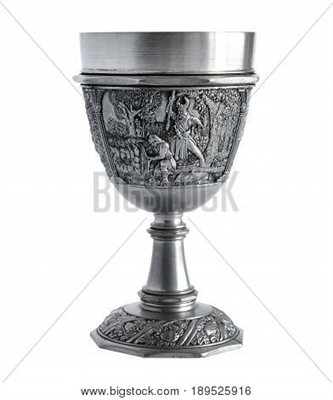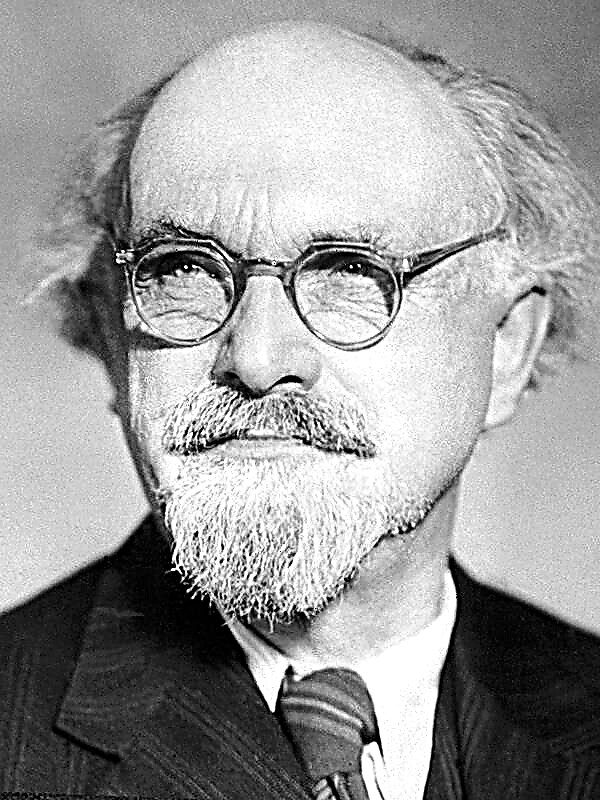In the Novgorod district of the Russian state in the city of Old Rus lived a certain merchant named John Evdokimov. He often went to St. Petersburg for bargaining, and then, having collected money, he moved from Staraya Rusa to the capital and began to trade, sending ships to all coastal cities.
The merchant had a son, also John; as a boy his father took him with him for amusement and for science, and his son got used to trading. And as he grew up to seven years, his father gave him teachings to one legless man. On holidays, all students were released, and everyone walked, and this one stayed, sat down in the corner and studied again. According to his diligence, he soon learned both grammar and mathematics. He came to his father and said: "Father, I learned." Father says, “Okay,” and took it from the teacher. And he began to write about his goods sold to his father, so that later he could collect money by notes.
And at the age of fifteen his father sent him to the French city of Paris, to a noble merchant Atis Maltik. And this French merchant soon became convinced that the little dexterous and understanding one, entrusted him with warehouse keys and appointed him clerk. The merchant had his own children - a boy, still in his early years, and two daughters girls; and besides this, the daughter of the Spanish merchant Eleanor, who was assigned to him, was of a very good kind and very beautiful herself.
John spent all day in the office doing business, and the Spanish woman’s room was nearby. And then one day, when the owner was not at home, he was in the office, sent letters to Russia and thought, let me look at this overseas beauty, which is talked about so much. I went up to the room, quietly opened the door and saw it in a nightgown - flaunting in front of the mirror, trying on an expensive dress. He looked at her face and went cold: his heart pierced him like a sharp arrow. And he thought how happy he would be the one she loved. He pretended to inaudibly the door and went about his business.
Many days passed, but John could not forget her at all, and kept thinking and thinking about how to find a way for him to meet Eleanor. Often I began to talk with her valet Selibrach, asked him to help, gave him money; and one day he was thinking about her all night, and when he dawned, he dressed in the best dress and ventured to write her a letter, deciding that I would not receive mercy from her, then I would leave for Russia, to my father. “Your mercy,” the letter writes, “inside my heart a fiery flame was set on fire and brought to great gloom.” And he asked the overseas beauty to answer his love, for which he promised to slavishly serve her until death. “If I don’t like you,” John concluded, “then you will not see me again in Paris.” He sealed the letter with a seal, called to Selibrach and asked for the transfer.
He instantly fulfilled the order, telling Eleanor that he was walking past John’s room and heard an aria, so sad and sad that he could not stand it and looked into the room. John, sadly, sat on the bed, held a letter and asked to be given to you.
Eleanor immediately opened the letter, reading it, smiled, and on the back of the same letter wrote her answer, where she was surprised at John’s courage, gave him hope, but warned him not to regret: “You will get love, and you will destroy your health!”. Selibrach carried the letter, and upon his return, Eleanor asks what John is doing. He says - he sings pityingly again. Eleanor went to the door, listened to the aria, returned to herself, took a tray, two silver bowls and a silver pile. In the bowl she poured sweet vodka into a stack of old Stenburg beer and went to John.
“Your tear arias,” said Eleanor, “prompted me to open your door without any shame.” She sat on his bed and said: "Please, drink vodka, and I will drink another cup, and then we will drink beer with you and we will not be afraid of any diva." They drank and kindly kissed. Then Selibrach runs in and fearfully says that the mistress has returned. (She and her daughters went to see relatives.) The lovers hastily parted, assuring each other of mutual fidelity.
The eldest master's daughter, Anna Maria, guessed that Eleanor and John had consulted about love. She wrote a letter to John, reproached him and confessed his love to him. The young man did not sleep all night, cried, realizing that his love with Eleanor was now over. He writes a note to his beloved: "I, unfortunate, am dying, and I want to talk with you something special."
Eleanor read and understood everything. Without timidity, she went to John, fell on his chest and graciously kissed, took off the golden ring from her hand and gave it to him. John told her of his fiery love, and then he begged her to "take off her dress and go to bed on this bed of mine, and as you are pleased, we will have fun." Eleanor, seeing John in the great heat of love, did not refuse to throw off her dress and in love, John was even more pleasant. And so they were in love affairs, and then sound and cheerful stood up.
But on this their love of happiness ended. With the help of her cunning sister, Anna Maria steals love letters from lovers and shows them to her mother. She, without saying a word, takes them to her husband, Atis Maltik. The angry merchant severely taught the lovers a lesson: John unfastened his thick lash; but he condemned the girl, then scolded him, then cursed mercilessly, but Eleanor was proudly silent. Soon he married her to a non-commissioned officer.
As John heard that Eleanor was married to her against her will, he immediately went to the marina, hired a ship and went to his fatherland. Arriving, he went to his father and began to live in prosperity, "only always had in mind his beloved Eleanor, who never came out of his thoughts."


